BRICS Shows Strength in Russia
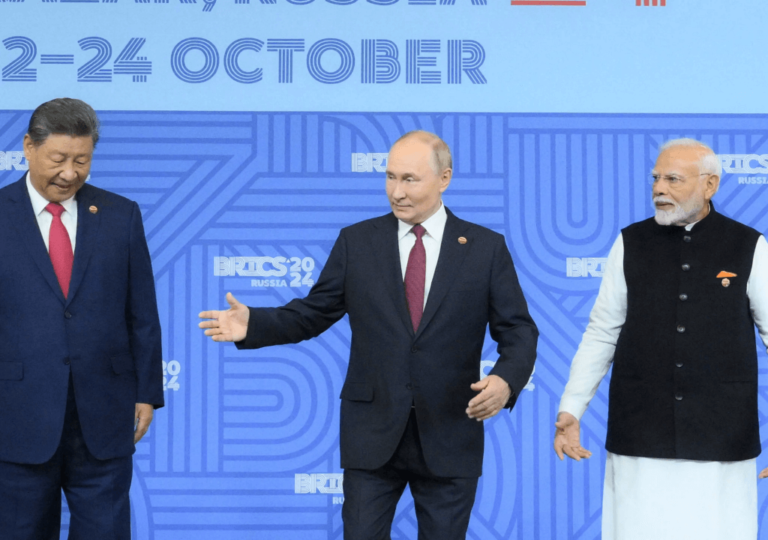
The 16th BRICS summit in Kazan highlights the bloc's growing geopolitical significance and its challenge to U.S. dominance

The 16th BRICS summit in Kazan highlights the bloc's growing geopolitical significance and its challenge to U.S. dominance
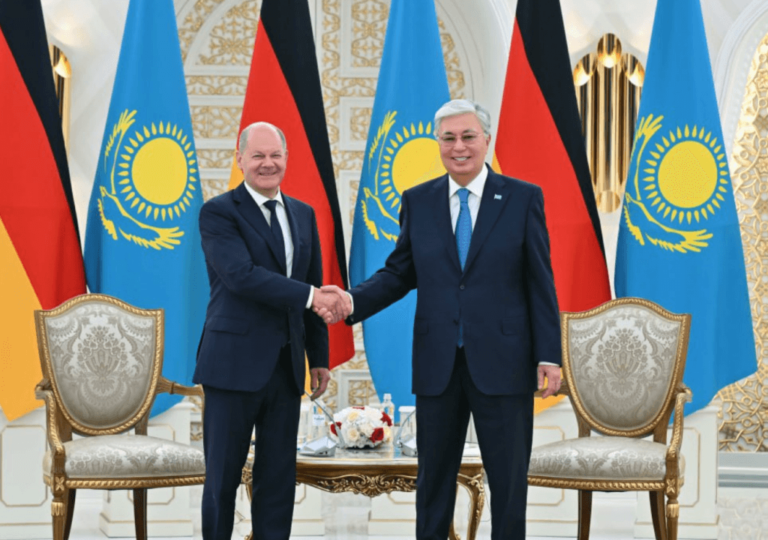
Germany seeks to strengthen ties with Central Asia for energy resources amid declining Russian influence

A series of pager explosions in Lebanon killed at least 12 and injured thousands, suspected to involve Israeli intelligence

Israel's war on Gaza continues, with the U.S. facing challenges in mediating effectively amid political divide

Israel's actions against Hamas are expanding throughout Palestinian territories, raising concerns over the future of a Palestinian state
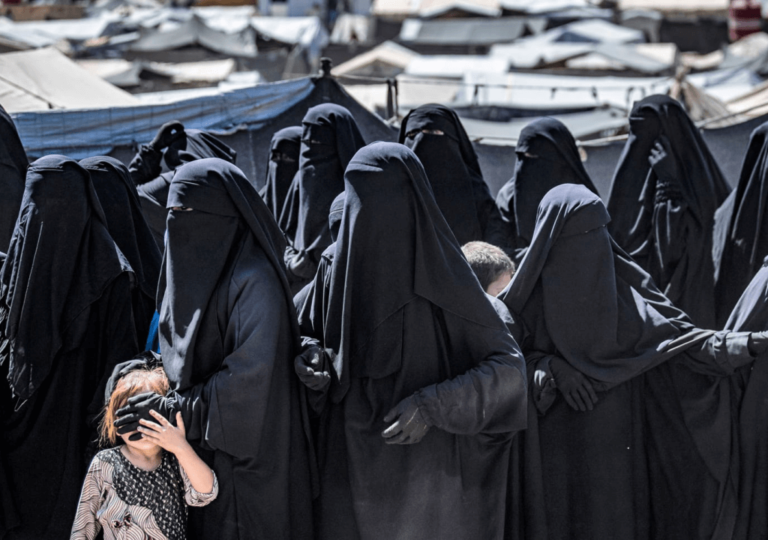
Islamic Republics blend Islamic principles with governance, facing cultural and economic challenges
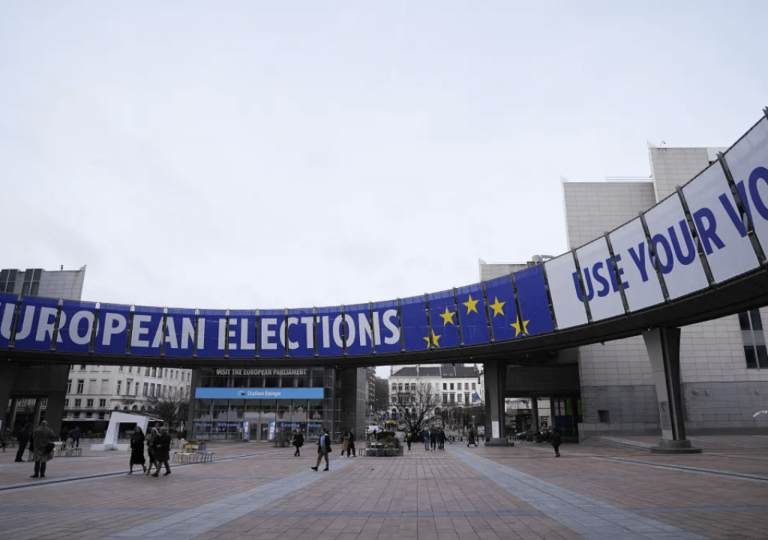
European Parliament elections underway, with 373 million voters choosing 720 members. Hard-right parties expected to gain ground, impacting EU policies on climate change, immigration, and trade.

A new regional bloc, dubbed the "Squad," is forming between Australia, Japan, the Philippines, and the US to counter China's growing assertiveness in the South China Sea.
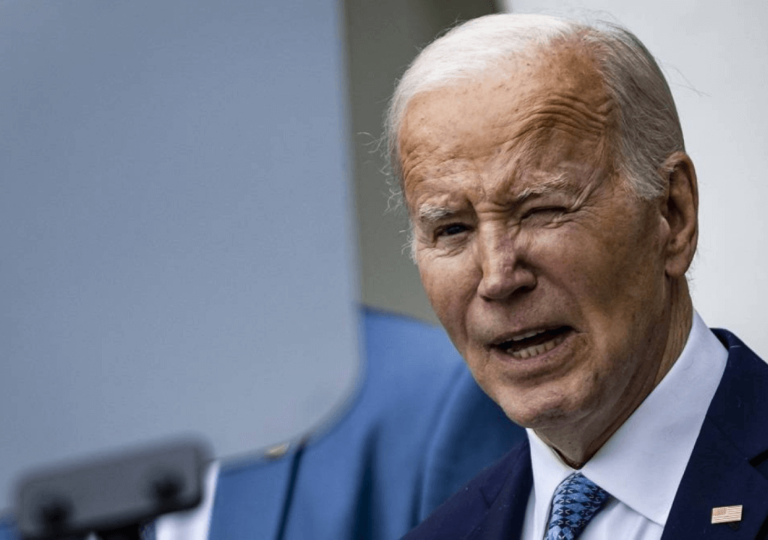
President Biden's controversial comments on immigration policies of Asian countries, Japan, China, Russia, and India have stirred reactions, especially from Japan, a key ally.
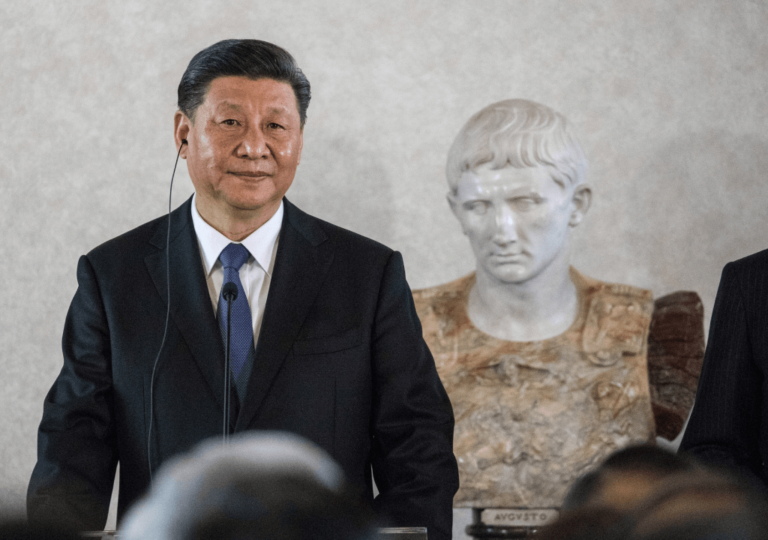
Chinese President Xi Jinping's visit to Europe amid trade tensions and Ukraine crisis. Focus on tariffs, trade agreements, and geopolitical dynamics.